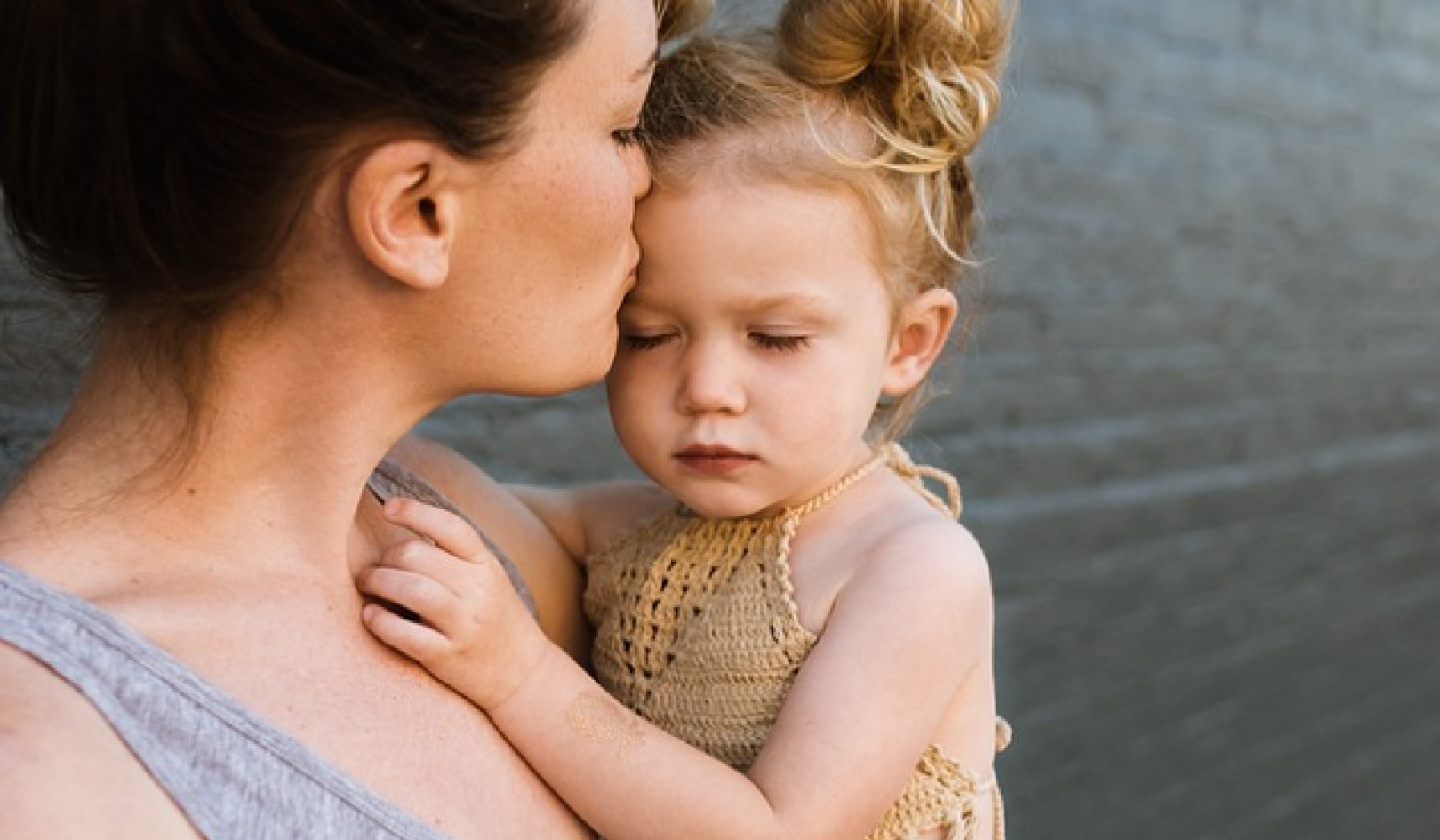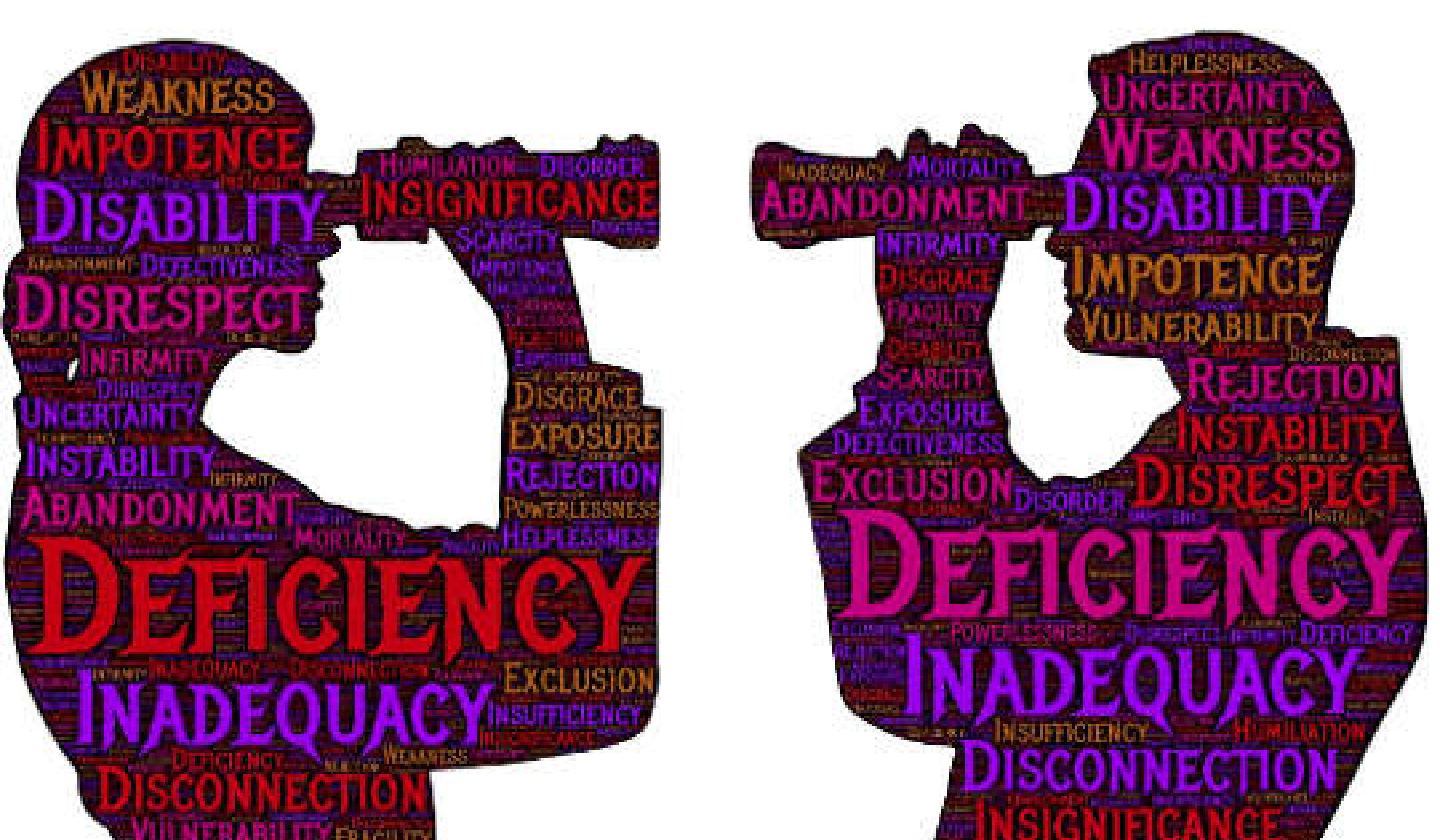
Here are a few suggestions for making your experience of everyday life more mindful . . .
Train with Everyday Activities
A good way of integrating mindfulness into daily life is to practice while engaging in activities you might usually plow through on auto-pilot. Make a conscious attempt to stay present as you go through your daily routine: showering, getting dressed, driving to and from work, washing the dishes, exercising, or vacuuming. You might find that paying attention to these everyday activities can radically change the way you experience them.
Mindfully washing the dishes can turn a humdrum task into a vivid sensory experience (noticing the softness of the soap suds on your hands, appreciating the change from dirty to clean plates, experiencing the feeling of a job done well). Notice when you lose touch with your breath and your body, and practice bringing yourself back each time.
Use Difficult Situations as a Mindful Challenge
It can be tempting to think that some circumstances are just too difficult for mindfulness — it’s too noisy, too chaotic, too overwhelming, too painful. But no matter how hard the situation, is it likely to be more or less difficult if we are mindful or mindless?
The important thing is to stay with the practice, and not judge ourselves for “failing” — indeed, our practice is a success simply by us remembering to engage in it. We do the best we can, and congratulate ourselves for that.
Develop Mindfulness Cues
Traditionally, gongs and bells signal the start of a meditation session — can you turn the sounds of modern life into your reminders to be mindful?
As best you can, get into the habit of noticing your breathing, body sensations, thoughts, and emotions when your phone rings, or you hear the sound of a car, or you switch your computer on, or your wake-up alarm goes off in the morning. If you are rushing, use these cues to slow down enough to bring you into the moment.
Practicing Mindful Communication
 As best you can, listen attentively to others when they’re speaking to you. Be aware also of how your body feels as you listen.
As best you can, listen attentively to others when they’re speaking to you. Be aware also of how your body feels as you listen.
Notice any resisting, tensing, or rushing to control the conversation — can you stay present to yourself and the other person, creating space for a response that comes from your body, and not just from your head?
Keep Coming Back to Formal Practice
No matter how skillful we become, it’s important to return again and again to the more structured practices, reserving a portion of each day for them. Just as we need to keep exercising if we want to stay fit, so maintaining a formal meditation practice helps us hone our mindfulness.
Don’t beat yourself up if you fall out of practice for a while — just notice it, and see if you can make a fresh start, without criticism.
©2012 by Jonty Heaversedge and Ed Halliwell.
All rights reserved. Excerpted with permission
of the publisher, Hay House Inc. www.hayhouse.com
Article Source
 The Mindful Manifesto: How Doing Less and Noticing More Can Help Us Thrive in a Stressed-Out World
The Mindful Manifesto: How Doing Less and Noticing More Can Help Us Thrive in a Stressed-Out World
by Jonty Heaversedge and Ed Halliwell.
Click here for more info or to order this book on Amazon.
About the Authors
 Dr. Jonty Heaversedge is a general physician in a large practice in South East London. He completed a degree in psychology and then a Masters in Mental Health Studies, and continues to pursue a particular interest in the psychological health and well-being of his patients. Jonty is a regular contributor to television and radio, and has become an increasingly familiar face on the BBC and BBC1. Visit his website: www.drjonty.com
Dr. Jonty Heaversedge is a general physician in a large practice in South East London. He completed a degree in psychology and then a Masters in Mental Health Studies, and continues to pursue a particular interest in the psychological health and well-being of his patients. Jonty is a regular contributor to television and radio, and has become an increasingly familiar face on the BBC and BBC1. Visit his website: www.drjonty.com Ed Halliwell is a writer and mindfulness teacher. He is the author of the Mental Health Foundation's Mindfulness Report (2010), and writes regularly for The Guardian and Mindful.org on meditation, Buddhism, psychology, and well-being. He is an authorized meditation instructor, and a partner in Mindfulness Sussex. He is also a faculty member at the School of Life, which offers a variety of programs and services concerned with how to live wisely and well. Visit him at: http://edhalliwell.com/ and http://themindfulmanifesto.com
Ed Halliwell is a writer and mindfulness teacher. He is the author of the Mental Health Foundation's Mindfulness Report (2010), and writes regularly for The Guardian and Mindful.org on meditation, Buddhism, psychology, and well-being. He is an authorized meditation instructor, and a partner in Mindfulness Sussex. He is also a faculty member at the School of Life, which offers a variety of programs and services concerned with how to live wisely and well. Visit him at: http://edhalliwell.com/ and http://themindfulmanifesto.com

























